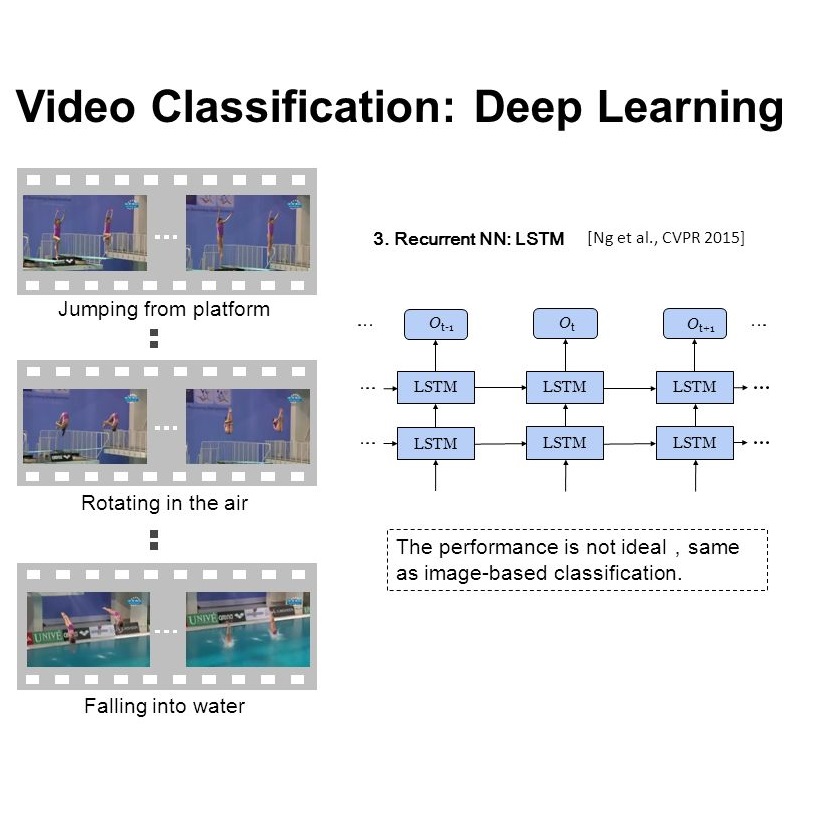Artificial Intelligence (AI) has rapidly evolved over the past decade and has advanced in areas such as language comprehension, image and video recognition, programming, and scientific reasoning. Recent AI technologies based on large language models and foundation models are approaching or surpassing artificial general intelligence. These systems demonstrate superior performance in complex problem solving, natural language processing, and multi-domain tasks, and can potentially transform fields such as science, industry, healthcare, and education. However, these advancements have raised concerns regarding the safety and trustworthiness of advanced AI, including risks related to uncontrollability, ethical conflicts, long-term socioeconomic impacts, and safety assurance. Efforts are being expended to develop internationally agreed-upon standards to ensure the safety and reliability of AI. This study analyzes international trends in safety and trustworthiness standardization for advanced AI, identifies key areas for standardization, proposes future directions and strategies, and draws policy implications. The goal is to support the safe and trustworthy development of advanced AI and enhance international competitiveness through effective standardization.
翻译:暂无翻译




